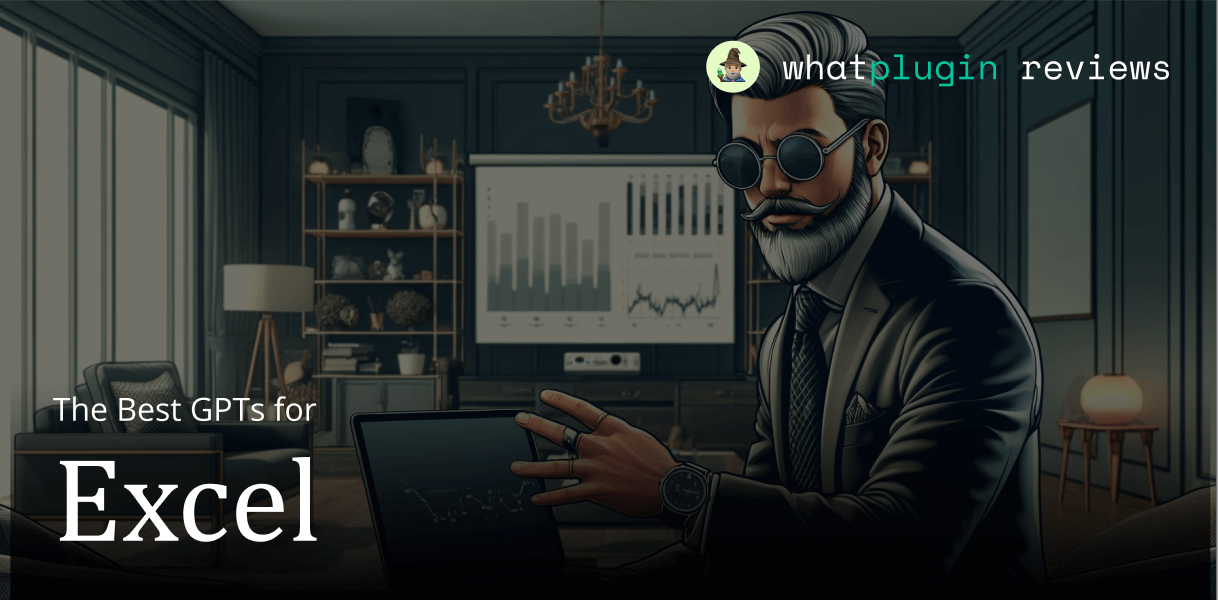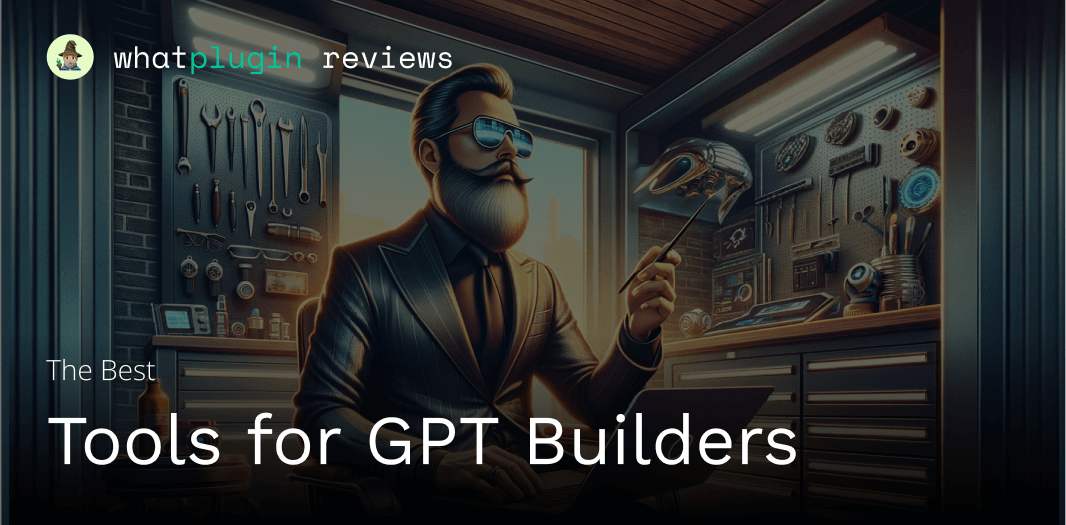Ranked: Best AI Tools for Research
There is no doubt that AI is fundamentally changing how we learn about and write academic research. As a struggling student who’s barely staying afloat with all these workloads, using AI has been nothing but a lifesaver by helping me write papers twice the content for half the time. With the help of these 5 AI tools for academic research, you too can cut the hours you spend typing away and be more efficient with managing your assignments.
Every student knows all too well just how unmotivating research papers can be. I often found reading through all the gathered references to be most challenging as I simply don’t have the time for one menial task. Chances are, all that information will just go over my head. Now that I’m utilizing these AI tools, I no longer have to face those huge blocks of text and just jump right into writing.
Whether you’re a professional researcher or a regular student like me, I’m sure that we can all relate to not having enough time for any of our more relaxing hobbies. These AI tools for academic research can help reclaim some of that precious time, allowing you to spend it on something more meaningful to you.
How I tested these tools
With these AI-powered academic search engines, I figured it would be best to start by formulating a list of questions to ask them. I tried to balance it out with some being generic while others being a bit more specific:
- What is the current state of fine-grained image classification technology?
- How does lack of sleep affect cognitive performance?
- What causes stunted growth in children?
- Do livestock produce greenhouse gasses?
- What is the significance of higher-dimensional algebra?
Moreover, for some of the tools that give you the option to upload a PDF to analyze from, I simply chose the 2023 study “Learn from each other to Classify better: Cross-layer mutual attention learning for fine-grained visual classification” by Liu, D. et. al. Given my familiarity with this paper, I can cross-reference the AI’s outputs to my own analysis.
Key considerations
Our top choice: Scispace (formerly Typeset)
Just by scrolling down, Scispace is able to provide tons of insights from numerous studies. Its intuitive and user-friendly interface simplifies the process of evaluating a paper’s relevance by presenting you with only the essential details.
From conducting research paper searches to jotting down notes, paraphrasing your text, and even running AI detection checks—everything is seamlessly integrated into one platform. The simplicity of having everything centralized reduces the need to switch between numerous tools and websites, making Scispace an excellent choice for researchers.
1. Scispace (formerly Typeset)
Best for making literature reviews

Scispace simplifies the reading and comprehending process of research papers by giving concise yet comprehensive explanations. With over 6+ million users per month, there is no wonder why Scispace has become the go-to AI tool of both researchers and students alike.
I sometimes struggle with writing literature reviews since I have to comb through a large amount of research to find the information I need. Scispace makes this process easy due to its categorized columns that summarize key sections of the study. What’s more, you can tailor it based on your own research needs by simply typing in a new category.

One of its features that I ended up using a lot is their Copilot that quickly extracts key insights from my own uploaded research papers. Instead of spending hours poring over the text, I can simply ask Scispace’s Copilot for a synthesis, which helped me in establishing the paper’s connection and relevance to my study.
The best part is that most of these features are available for free, making it highly accessible for students who are on a tight budget.
Hop on Scispace and start researching through their website link here or on their own GPT.
2. Consensus
Best for finding answers backed by research

Whether users seek answers on niche topics like the importance of high-level algebra in contemporary society or more playful ones like the correlation between pizza consumption and height growth, Consensus stands to deliver accurate and evidence-based answers. Its smarter paper search and precisely extracted answers ensure that users are able to gather only relevant insights more efficiently.
One thing that stood out for me is the Synthesize function, which provides a summary from a list of studies. While similar functions exist on other platforms, what sets it apart is its Consensus meter, which evaluates multiple papers to deliver a definitive Yes or No answer. This is invaluable for those questions that prop up while writing your research paper, providing swift answers with the evidence to accompany it.
Additionally, each source comes with insightful indicators that explain the type of study which helped me grasp the paper's approach much faster. Studies ranking high on Sciscore are also marked with “Rigorous/Very Rigorous Journal” to assure of its quality.

An immediate drawback that I noticed is their credit system which limits your use of their features. Under their free plan, users start off with 20 credits that refresh each month, with one credit being deducted from the balance each time Synthesize or Copilot are used. This isn’t too big of an issue as the extracted analysis for each paper is already sufficient most of the time.
However, if you find yourself heavily-relying on these features, subscribing to their Premium plan is worth considering due to its general affordability compared to other platforms.
Consensus can also be accessed through ChatGPT, although some functionalities might be limited. Nevertheless, users can still expect to receive the same reliable, evidence-based answers to their research queries.
Ask away on Consensus through their website or on their own GPT.
3. Elicit
Best for organized research writing

Elicit offers users enhanced organization through its Notebook system, changing the way you analyze and work with research papers. Instead of jumping between searches and summaries, Notebooks provide a central hub for your research. Here, you can gather papers from various sources, analyze them together, and even create custom summaries – all within a single workspace.
Having used Elicit before the implementation of Notebooks, I am honestly liking how I can keep all my research papers under one topic. I also found the user interface clean and not too cluttered, allowing me to focus on what’s in front of me. Plus, similar to Scispace, it lets me add tailored summaries for each paper, making it easy to compare key points.

What truly impressed me was the ability to analyze multiple papers at once, regardless of whether they were uploaded by me or found through search results. By clicking add step, I can create a table and add in columns for side-by-side comparisons of each study. This feature alone makes it an easy recommendation for all kinds of research work.
Start analyzing with Elicit through their website.
4. Scite.ai
Best for writing citation statements

Scite uses AI to analyze how scientific papers discuss other research. It shows where each cited paper is mentioned (Introduction, Methods, etc.) and whether it supports, contradicts, or just mentions the claim. This goes beyond just counting citations, giving a richer picture of research quality. With over 1.2 billion citations in its database, Scite.ai helps researchers in many ways, from finding relevant articles to evaluating research for tenure or identifying the best studies.
Right after trying it out, I quickly encountered the main downside of Scite.ai, which is the restrictive nature of its free plan. After exhausting the 2 free searches provided, I was prompted to upgrade to their premium plan to continue exploring more. Even with that limitation, I find their citation statements to be of high quality and accurate to my search input. I also appreciate that it links back to the original paper for further reading.
Another thing that I noticed is how the UI can be cluttered with too much text. A cleaner design that grays out the less important details would definitely improve the user experience.
Despite its distinct features, the paywall significantly limits Scite.ai's usability for casual users. However, for researchers who need to regularly analyze scientific literature, its comprehensive citation analysis and vast database could be worth the subscription to a Premium plan.
Get citing with Scite.ai by visiting their website.
Conclusion
Each of these tools caters to different aspects of research, from literature reviews to citation analysis, providing users with diverse functionalities to meet their specific needs.
The comprehensive insights and myriad of features Scispace has to offer is what made it stand out for me. I found that it provided me the most assistance with my research work, and having useful features such as the paraphrase and AI detection tool centralized into one platform made things a bit easier.
All of these tools still provided different enough features that sets them apart from the rest. Ultimately, there is no one-fits-all AI tool as it will still depend on your specific needs and budget. Consider first the functionalities of each platform and experiment with their free trials to find the perfect fit for your research journey.
It’s worthwhile to remember that while these AI tools empower researchers, it is the human mind that remains the driving force behind effective research. It's our critical thinking and ability to interpret information that allows us to leverage these tools for maximum impact.
.png)
.png)
.png)
%20(1).png)













.png)



















.png)



.png)

%201.png)
